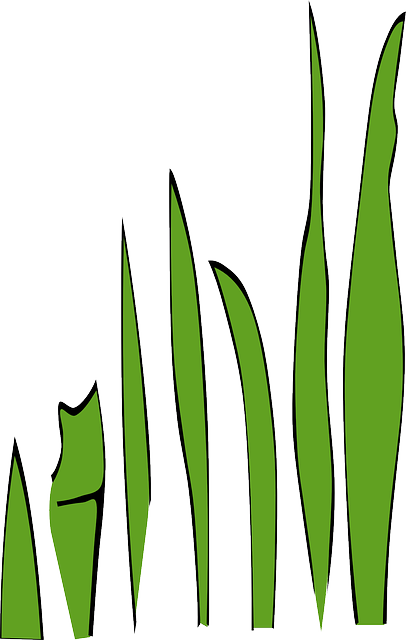The high-CBD THCA hemp flower is a non-psychoactive alternative to traditional cannabis, rich in tetrahydrocannabinolic acid (THCA) and offering therapeutic benefits through its interaction with the endocannabinoid system. Unlike THC, it doesn't induce a high and is being studied for potential health benefits such as pain management, anxiety relief, anti-inflammatory effects, and support for individuals interested in cannabinoid therapy. The entourage effect of its natural compounds—cannabinoids, terpenes, and flavonoids—is thought to enhance these effects. Key terpenes like myrcene, bisabolol, and caryophyllene contribute to the flower's health-promoting properties, with each offering unique benefits: myrcene for pain and inflammation, bisabolol for its anti-fungal, antibacterial, and calming effects, and caryophyllene for its analgesic and anti-inflammatory properties. High-CBD THCA hemp flower is a safe, natural alternative for those seeking wellness support without mind-altering effects. It's important to consult healthcare professionals before incorporating it into your health regimen and to source high-quality products from reputable suppliers. The cultivation process of this hemp flower is carefully managed to ensure quality, potency, and safety, reflecting the industry's dedication to delivering a reliable therapeutic experience.
High-CBD THCA hemp flower has emerged as a focus of interest for those seeking therapeutic benefits without psychoactive effects. This article delves into the multifaceted impact of this unique cannabinoid, exploring its promising properties and the intricate terpene profiles that contribute to its efficacy. As we navigate through the scientific aspects, medicinal applications, and potential side effects, a comprehensive understanding of high-CBD THCA hemp flower will be unveiled. From cultivation to consumption, this exploration aims to shed light on ensuring quality, potency, and safety in products derived from this promising plant derivative.
- Unraveling the Potential of High-CBD THCA Hemp Flower: An Overview
- The Science Behind THCA: A Cannabinoid with Promising Properties
- Exploring the Terpene Profiles of High-CBD THCA Hemp Flower
- Understanding the Medicinal Applications of High-CBD THCA Hemp Flower
- Navigating the Side Effects and Safety Considerations of High-CBD THCA Hemp Flower
- Cultivation and Processing: Ensuring Quality and Potency in High-CBD THCA Hemp Flower Products
Unraveling the Potential of High-CBD THCA Hemp Flower: An Overview
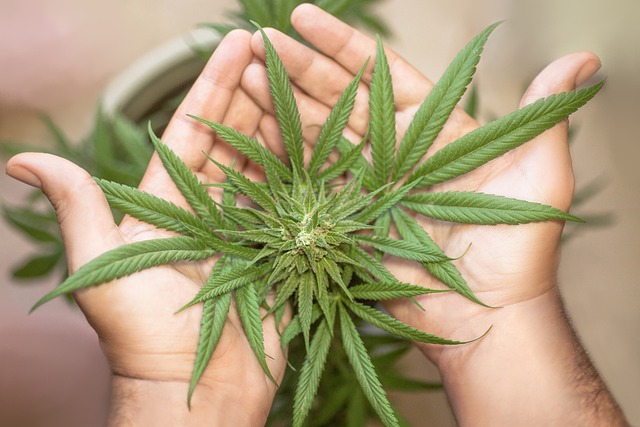
Exploring the potential of high-CBD THCA hemp flower involves understanding its distinct composition and how it differs from other cannabinoid-rich hemp products. Unlike traditional CBD products, high-CBD THCA hemp flower contains significant levels of tetrahydrocannabinolic acid (THCA), a non-psychoactive precursor to the well-known psychoactive compound THC. This particular strain is prized for its therapeutic properties, which are believed to be more pronounced due to the presence of THCA. Users often report that high-CBD THCA hemp flower may offer a broader spectrum of benefits compared to other CBD products, potentially due to the entourage effect, where cannabinoids, terpenes, and flavonoids work synergistically for optimal health benefits.
The therapeutic applications of high-CBD THCA hemp flower are subject to ongoing research, with early findings suggesting its efficacy in managing pain, reducing anxiety, and combating inflammation. Its non-psychoactive nature makes it an attractive option for individuals seeking the health benefits of cannabinoids without the psychoactive effects associated with THC. Furthermore, the high-CBD content ensures that users can enjoy the therapeutic advantages while maintaining clear-headedness, making it suitable for a variety of uses throughout the day. As with any supplement, it is advisable to consult with a healthcare professional before incorporating high-CBD THCA hemp flower into one’s wellness regimen to ensure it aligns with individual health needs and goals.
The Science Behind THCA: A Cannabinoid with Promising Properties
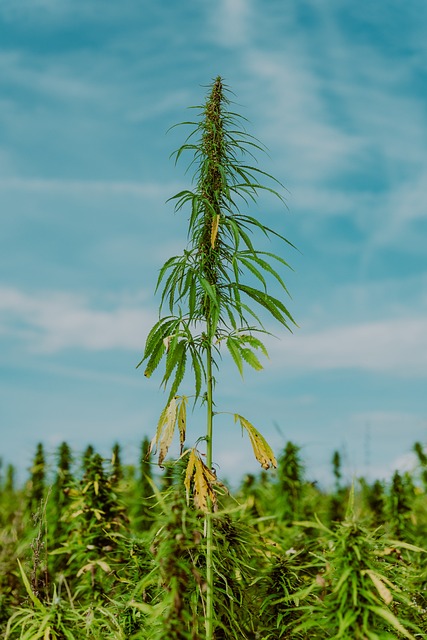
High-CBD THCA hemp flower has garnered attention in both scientific and anecdotal circles for its potential therapeutic properties. Tetrahydrocannabinolic acid A (THCA) is one of the major cannabinoids found in the Cannabis sativa plant, and it exists naturally in hemp flowers before being exposed to heat, which then converts THCA into the more commonly known psychoactive compound, delta-9-tetrahydrocannabinol (THC). The science behind THCA’s effects is rooted in its interaction with the body’s endocannabinoid system, a complex network that plays a role in regulating various physiological processes, including pain, inflammation, and mood. Research suggests that THCA may offer a range of benefits without the psychoactive effects typically associated with THC. Studies have indicated that THCA might possess anti-inflammatory, antiemetic (nausea reduction), and neuroprotective properties. Its potential to support overall well-being without intoxication makes high-CBD THCA hemp flower an object of interest for those seeking the therapeutic benefits of cannabinoids without the “high.” Ongoing research continues to explore the full spectrum of its effects, with findings so far supporting its inclusion as a holistic treatment option in various wellness regimens.
Exploring the Terpene Profiles of High-CBD THCA Hemp Flower
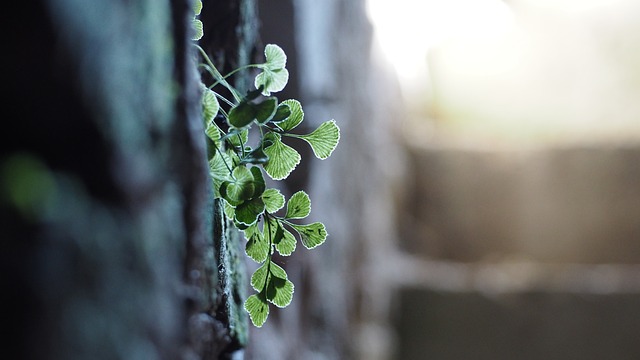
High-C CBD THCA hemp flowers possess a unique terpene profile that contributes significantly to their therapeutic potential and sensory experience. These flowers are rich in cannabidiol (CBD), which, when combined with tetrahydrocannabinolic acid (THCA), can offer a wide array of wellness benefits without the psychoactive effects associated with THC. The terpene profile of high-CBD THCA hemp flower is particularly notable for its diversity and complexity, with compounds like myrcene, bisabolol, and caryophyllene standing out. Myrcene, often referred to as the ‘mother of all terpenes,’ is known for its sedative and anti-inflammatory properties, making it a valuable component in the quest for natural pain relief. Bisabolol, with its antifungal, antibacterial, and anti-anxiety attributes, further enhances the wellness potential of these hemp flowers. Meanwhile, caryophyllene offers both analgesic and anti-inflammatory effects, binding to the same receptors as THC but without the high. The synergistic effect of CBD and these terpenes can offer a potent combination for those seeking natural alternatives for health and wellness concerns. Users of high-CBD THCA hemp flower often report a range of benefits from using this product, including reduced anxiety, improved sleep quality, and relief from pain without the mind-altering effects of traditional cannabis strains. The careful cultivation and selection of high-CBD THCA hemp flowers ensure that these beneficial compounds are present in optimal concentrations for maximum efficacy.
Understanding the Medicinal Applications of High-CBD THCA Hemp Flower

High-C CBD THCA hemp flower has garnered attention for its potential therapeutic properties, offering a natural alternative to conventional medications. Unlike its psychoactive cousin THC, THCA is non-psychoactive, which means it can deliver medicinal benefits without the ‘high’ associated with cannabis use. This makes it particularly appealing for individuals seeking relief from various conditions without mind-altering effects. High-CBD THCA hemp flower contains significant amounts of cannabidiol (CBD), a compound widely recognized for its role in supporting overall wellness.
Research suggests that the interaction between CBD and the body’s endocannabinoid system may influence various physiological processes, including pain sensation, inflammation, and anxiety responses. Users often report that high-CBD THCA hemp flower aids in managing symptoms of chronic pain, reducing stress and anxiety levels, and improving overall mood without impairment. Additionally, it has been studied for its potential anti-inflammatory and neuroprotective effects, which may be beneficial for conditions such as arthritis, multiple sclerosis, and epilepsy. The therapeutic applications of high-CBD THCA hemp flower continue to be explored, with ongoing research aimed at further understanding its medicinal potential.
Navigating the Side Effects and Safety Considerations of High-CBD THCA Hemp Flower
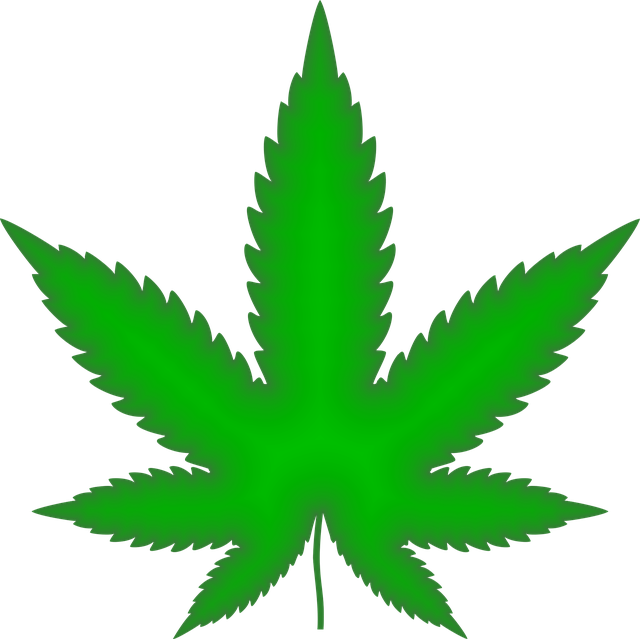
Navigating the side effects and safety considerations of high-CBD THCA hemp flower requires a comprehensive understanding of its chemical composition and potential interactions within the human body. High-CBD THCA hemp flower, rich in tetrahydrocannabinolic acid (THCA) and cannabidiol (CBD), possesses distinct properties that may elicit different reactions in users compared to its psychoactive cousin, Delta-9-THC. While THCA is non-psychoactive, it interacts with the body’s endocannabinoid system and can influence various physiological processes. Users should be aware of potential side effects such as dry mouth, mild anxiety, or drowsiness, which are generally mild and transient. It is crucial to start with a low dose to gauge individual sensitivity and to adhere to recommended dosages to minimize any adverse effects. Additionally, individuals with pre-existing health conditions should consult healthcare professionals before incorporating high-CBD THCA hemp flower into their wellness regimen, as it may interact with certain medications or exacerbate specific medical issues. Safety considerations also extend to the sourcing and quality of the product; consumers must ensure that their high-CBD THCA hemp flower is obtained from reputable sources to avoid contaminants or adulterants that could compromise health. Regular monitoring of one’s response to the product and maintaining awareness of any changes in well-being are essential practices for safe consumption.
Cultivation and Processing: Ensuring Quality and Potency in High-CBD THCA Hemp Flower Products
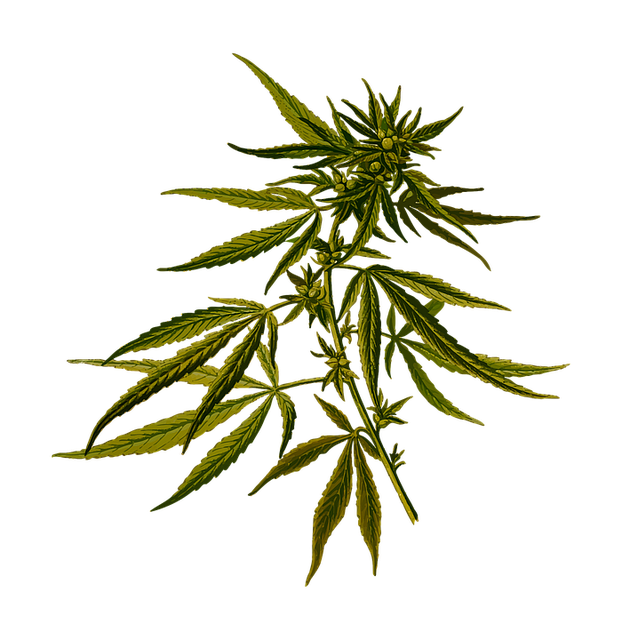
The cultivation and processing of high-CBD THCA hemp flower necessitate a precise approach to maintain both quality and potency. Careful attention to soil health, environmental conditions, and plant genetics is paramount in the cultivation phase to ensure that the hemp flowers possess the desired cannabinoid profile. Farmers specializing in high-CBD THCA hemp flower employ organic and sustainable farming practices to optimize the naturally occurring CBD levels within the plants. This commitment to quality extends beyond the field; it is a cornerstone throughout the entire supply chain.
Once harvested, the processing of high-CBD THCA hemp flowers follows stringent procedures to preserve the integrity of the cannabinoids and other beneficial compounds. Advanced drying and curing methods are utilized to gently remove moisture without degrading the CBD content. Subsequent handling, including precise grinding and packaging, must be carried out in a controlled environment to prevent contamination and oxidation. State-of-the-art testing at every stage confirms the potency of each batch, ensuring consumers receive high-CBD THCA hemp flower products that meet rigorous standards for efficacy and safety. This dedication to quality control from cultivation to consumer ensures that high-CBD THCA hemp flower products are effective and reliable.
In concluding our exploration of high-CBD THCA hemp flower, it’s clear that this non-psychoactive cannabinoid holds significant promise for various health applications due to its unique properties. The terpene-rich profile contributes to a multifaceted therapeutic potential, making it a valuable addition to wellness regimens. However, as with any botanical supplement, users should be cognizant of potential side effects, which, while generally mild, can include drowsiness, dry mouth, and changes in blood pressure. The key to safely enjoying the benefits of high-CBD THCA hemp flower lies in responsible use, adherence to recommended dosages, and informed decision-making based on individual health considerations. Ensuring the quality and potency of these products through careful cultivation and processing is paramount to maximize their efficacy and safety. With a growing body of research supporting its use, high-CBD THCA hemp flower continues to garner attention as a promising wellness alternative.
